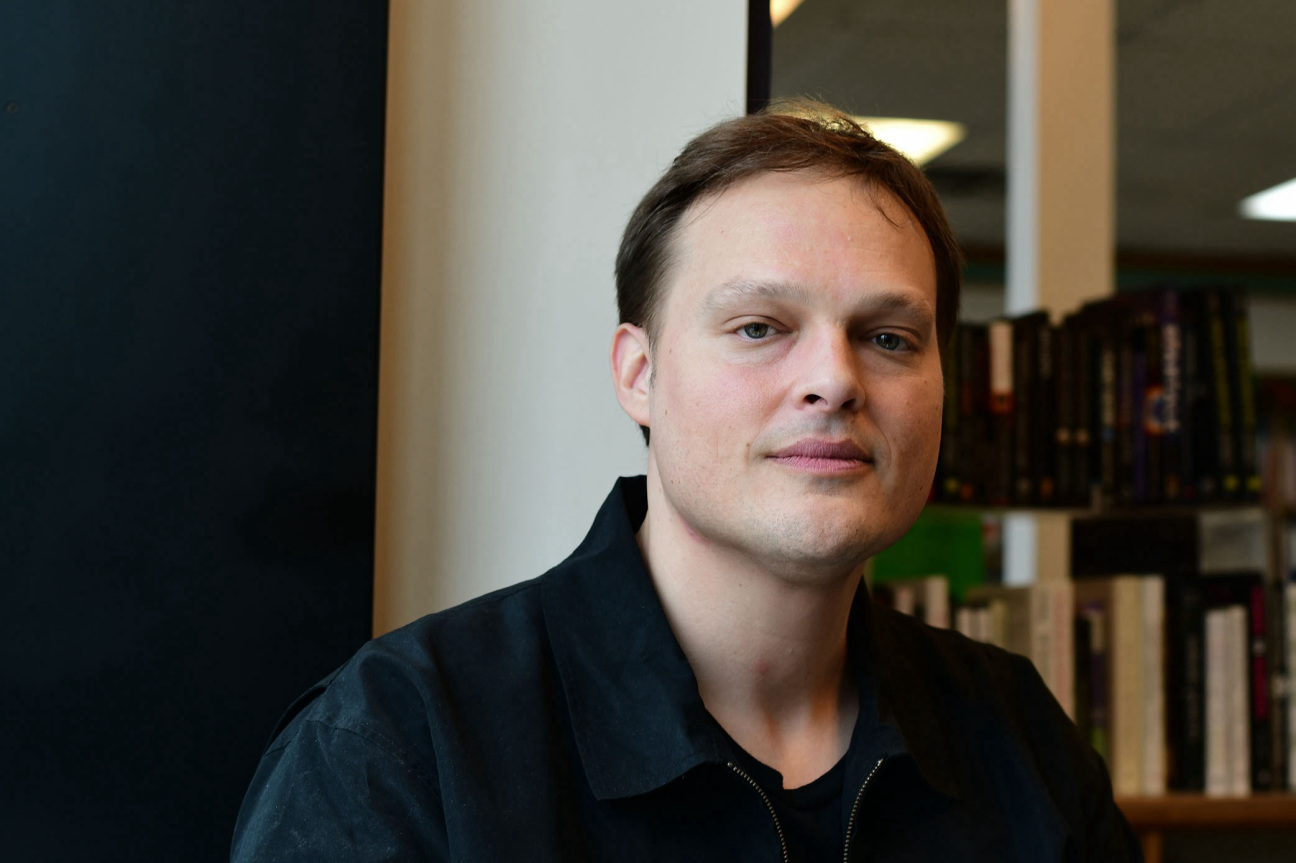
Garth Greenwell’s third novel, Small Rain, opens with the poet narrator experiencing a gut-wrenching pain that eventually lands him in the ICU at the height of Covid. Those familiar with the author's work won’t be surprised he’s writing about anguish and the body. His debut novel, What Belongs to You, explored the Venn diagram of those themes through the lens of a relationship between an American professor and a sex worker in Bulgaria. It established him as one of the great gay writers of our time, someone who paints the cocktail of pleasure, pain, and power that queerness invites with unabashed alacrity and almost cruel beauty.
Writing about his second book, Cleanness, fellow queer literary giant Alexander Chee described Greenwell as one who “maps the worlds our language walls off—sex, love, shame and friendship, the foreign and the familiar—and finds the sublime.” Small Rain, which comes eight years after Greenwell’s debut, is a departure for the 46-year-old author—in location (swapping Europe for the Midwest), length (his longest), and tone. To mark its release, I sat down with the writer to discuss the book’s preoccupation with meaning, his take on autofiction, and why making queer pride obligatory is a mistake.
Adam Eli: This book is different from your first two books in terms of content and vibe. The first two were a little more edgy and extremely sexy.
Garth Greenwell: It’s true that based on my first two books people thought of me as someone who writes about sex in a certain way, and I’m very happy to be thought of in that way. In this book, there is very little sex. Also, my first two books were about being an American abroad and the experience of foreignness. Not only is this book set in the United States, but in the American Heartland—a small Midwestern town.
With that said, the books are continuous because when I step back and ask myself what I’m really writing about, the answer is always, “How do human beings make meaning?” Sex is one way human beings make meaning. Love is a way human beings make meaning. Religion is a way human beings make meaning. And art is a way human beings make meaning. This is a book about someone who in his early 40s is struck down by a really scary, potentially fatal medical crisis, and confronts questions that he didn’t anticipate confronting for another 20 years about the meaning of his life. His life has been a life devoted to art. The book asks, what is the value of that?
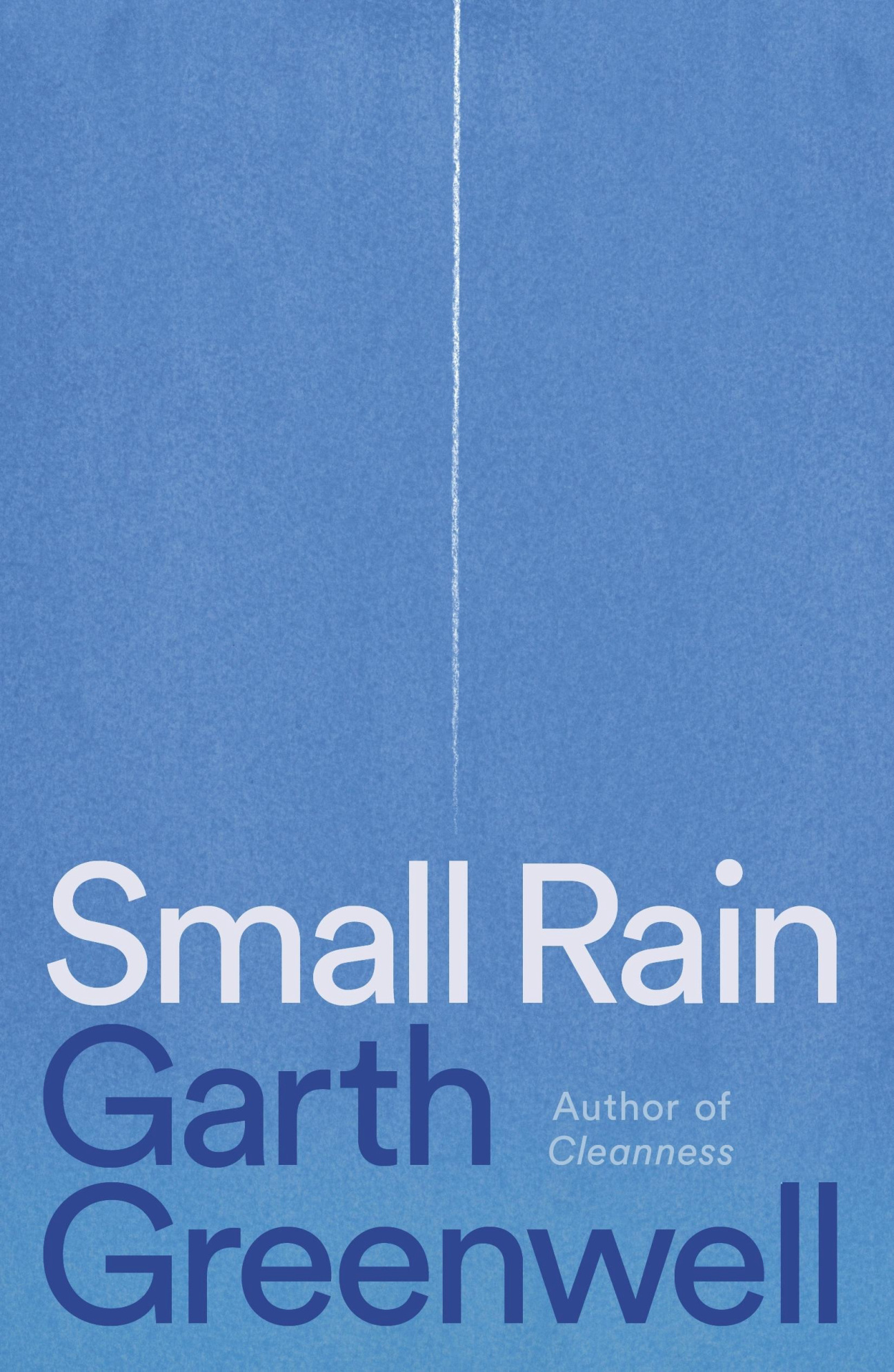
Eli: People are obsessed with knowing which parts of books are inspired by the author’s real life, especially for queer and female authors. I am not interested in which aspects of Small Rain are inspired by your real life, but I am interested to hear your thoughts about the differences between autofiction, memoir, and novel.
Greenwell: Autofiction is a term I feel super alienated from. I kind of think the term itself is bogus. Using one’s own experience as found material, which one can transform, recontextualize, and surround with invention, is the oldest game in literature. The tradition of writing that I’m working within goes back to Saint Augustine. The philosopher Charles Taylor talks about Saint Augustine as the origin point for the idea that within any particular experience can be found a meaning that is universal. The idea that there is something new, marketable, and therefore faddish in a certain kind of writing that combines lived experience with invention and essayistic writing doesn’t make any sense to me.
It’s always been clear to me that, even though there are certain portions of my books that hew pretty close to my lived experiences, I am not writing memoir. I am writing fiction. If you call something nonfiction, you’re establishing an important contract with the reader that you’re not going to make things up in that way. If I call something nonfiction, then I am going to do my best to write in a way that bears an allegiance to an objective fact-checkable reality, and if I depart from that, I’d make those departures very clear to the reader. In writing fiction, I have no allegiance to that kind of shared reality.
When I do use my lived experience, I do so because it seems aesthetically compelling—beautiful or dramatic in a way that’s appealing. With that said, it’s also true that I use art to think about things in my own experience that are really bewildering. When I am completely bewildered by something, that’s when I know I have to write about it. I’ve been open about having a medical crisis similar to the narrator’s, but our experiences in the hospital are totally different and the kinds of intimate relationships he forms with the people who take care of him are totally fictional.
I keep waiting for somebody to point out, in the irate way that people sometimes point out these things, that in a real ICU there would never be a single nurse who would be so present, because it would involve one nurse doing too many shifts. But I wanted to explore the relationship that forms between a caregiver and a patient, and having one nurse more present allowed me to do that.
Eli: Earlier this year, I saw you in conversation with Édouard Louis, and you said something so brilliant about shame that really resonated with me. It pertained to the idea that, growing up, if your shame had been removed there would be nothing else left of you.
Greenwell: I think we were talking about this idea that there is an original, pure self beneath that shame, beneath homophobia, beneath these learned things. I don’t believe that, because growing up in Kentucky in the ’80s, there was nothing except shame for me to make a self out of—until I found opera at 14. But by then I was already a self, I had learned so many things, I was having sex, etc. I needed shame because what else could I have made a self out of? The idea that we can find a pure self by erasing shame, violence, and homophobia rings utterly false to me.
The question should not be, How do I get rid of this shame? That way lies madness. Instead, the question should be, What can I do to make shame not simply a negative repressive force in my life? How can I make something productive of it? That is the great genius of queer people. The history of queer art is taking stigma and turning it into style, into solidarity, into pleasure. Those all seem to me like radically productive uses for shame. I think it’s a mistaken impulse to want to deny shame, to make a kind of pride obligatory. Like all attempts to repress genuine feelings, it can make us monstrous.
But if instead we can view shame as a productive way to create beauty and change in the world, then I feel very grateful to shame. Without it, I would not be an artist. I would not be someone capable of love in the way that I am. I would not be recognizable to myself had I not been shaped by certain lessons, the legitimacy of which I absolutely reject. And yet I never get to be someone who wasn’t taught those lessons.

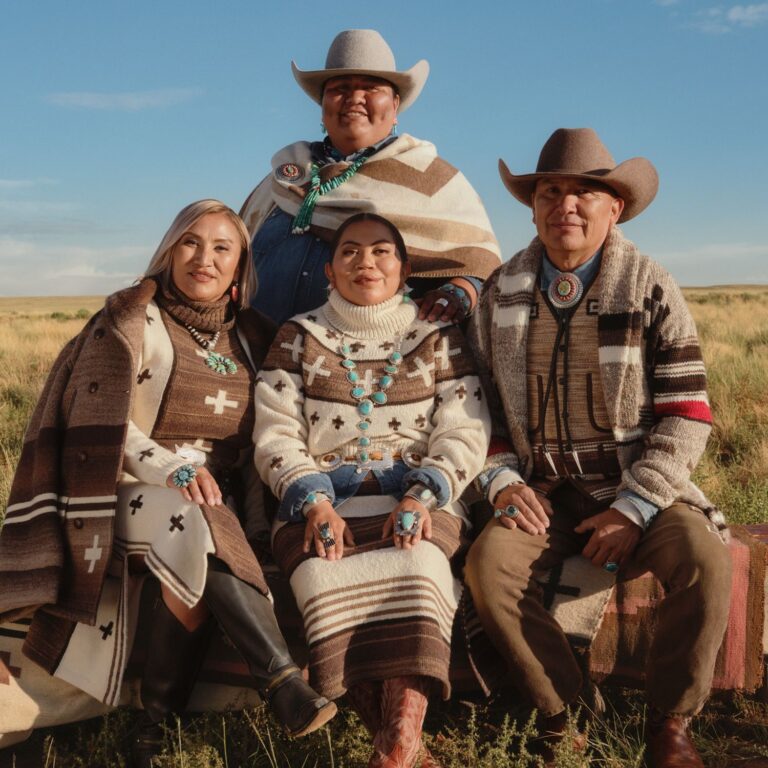
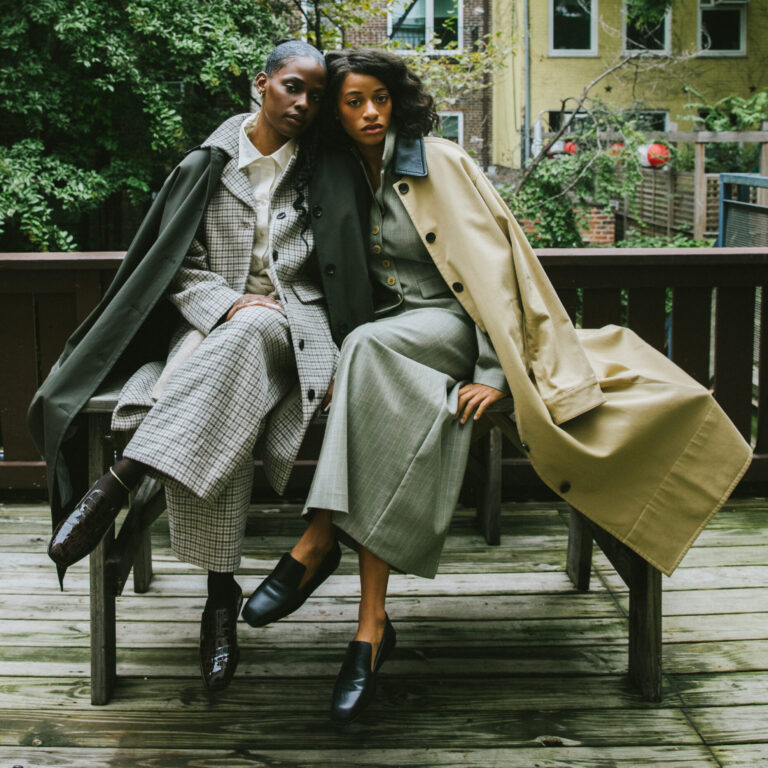
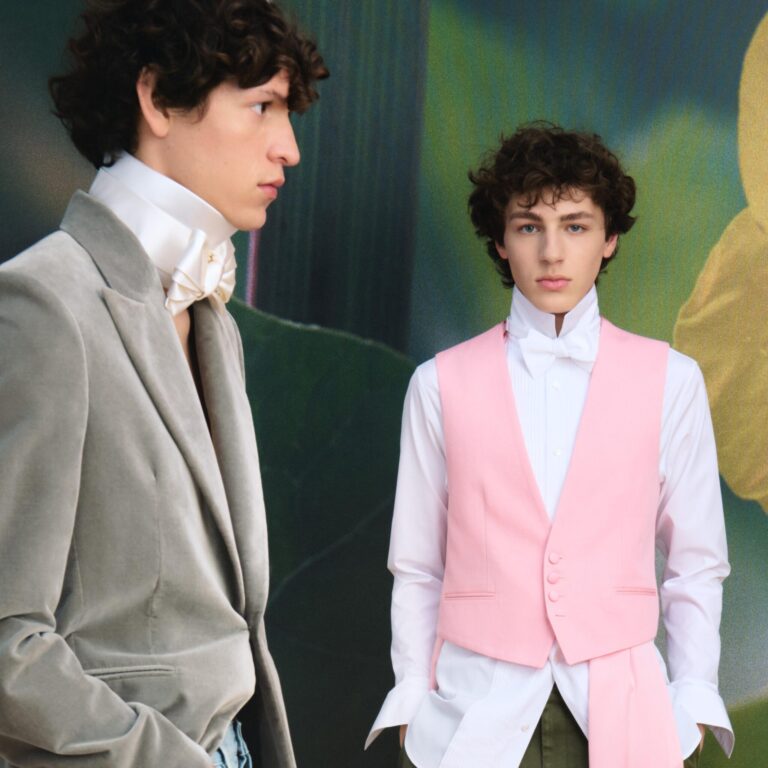

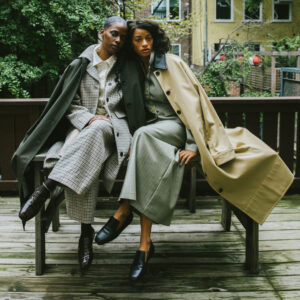




 in your life?
in your life?

